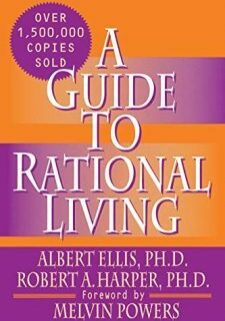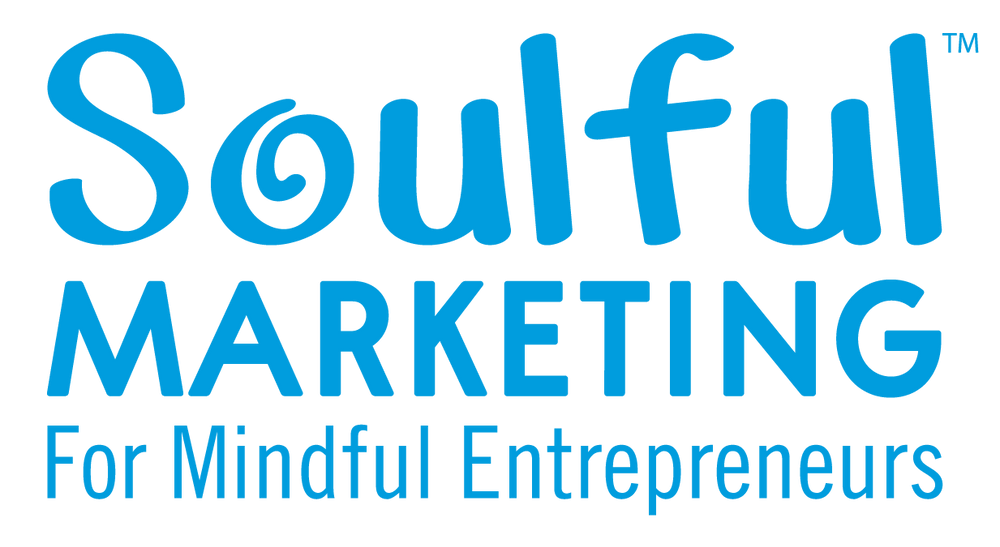A Guide To Rational Living by Albert Ellis and Robert Harper
We had invited a friend over for dinner, and we’re going to make hamburgers. (I promise this story will definitely lead into exactly how A Guide to Rational Living will help you! Stick with me. 🙂 The challenge was we didn’t have any ground meat. I suggested we get some burger patties already made. She went to the store, and that was the end of our discussion.
Our friend came over, and we were hanging outside because it was a beautiful day. Then the time came to put the burgers on the grill, and I asked where the patties were. She said in the frig.
I went to get them, and well, they weren’t patties. It was a pound of ground meat, and I had to make them. Well, that’s not usually a big deal. Yet, there was no communication after she went to the store when I had plenty of time to make them.
So what happened? Well, I begrudgingly made the patties and then had to freeze them, putting the whole dinner behind. As I was making them, my thoughts were going crazy.
How could she not have told me what she bought at the store? Maybe she did this on purpose so she could talk to our friend without me around. She just wants to be rid of me for a while and on and on my hamster wheel mind went, trying to spin me out of control – yikes!
Have you ever had an experience like this?
Yes, this was a simple example. Yet, it really happened. I remember at that moment how my mind was just going off. I was aware of it and realized how it was trying to throw me off and get me pissed so we’d have a huge fight. Well, I, of course, wanted none of that.
After all, I’d done so much work between reading some awesome books, meditating, and really working on being present and noticing my thoughts.
The good news is that the crisis was averted, and I took responsibility for my part in the miscommunication, and she took her part. And we laughed about it and had some great burgers with our friend.
How did I get there? How did I avoid a knockdown drag-out fight of she said, she said?! Well, to be honest, it’s been years in the making.
I attribute it to a combination of my learning and practices over the years (therapy, being an avid student, being coachable, and wanting to be a better spouse and communicator.) and, most especially, to this book – A Guide To Rational Living by Albert Ellis and Robert A. Harper. It’s based on what psychologists call Rational Emotive Behavioral Therapy (REBT).
This book first came out in 1961. I do have to say that I LOVE the books that came out between the 1930s-1960s. I can honestly say there’s no such thing as original ideas out there. It’s all of our interpretations of these ideas that attract so many different people. It’s how we take our own spin on what these books are saying and how they “speak” to us.
In this review, I need to mention this book’s ideas seem to be somewhat rooted in Stoicism, which I’ve been reading some books about. In its simplest terms, an event happens (Like my hamburger story), it’s beyond our control, brings us misery, and we are oblivious to the fact that we can’t control it. So Stoicism tries to make us conscious of these patterns and work on reversing them.
Going deeper is also about how we react not to things but to our thoughts and judgments of how our inner voice talks to us, which creates friction and our experiences. Stoicism is about looking deeper at our thoughts and working on changing them.
This is at the heart of REBT – we feel because of how we think. When we start to change our thinking, we start to feel better. My favorite saying is, “Change your thoughts, change your life.”
Your emotions and behavior will significantly change when you change your beliefs about something.
William Shakespeare summed up well: “People are disturbed not by things, but by the views which they take of them.”
My favorite part of the book is where the authors walk you through their irrational beliefs and how to overcome each one.
Here are the most common and problematic irrational beliefs that he debunks:
The idea that you…
- must – yes, must-have love or approval from all the significant people in your life
- absolutely must be thoroughly competent, adequate, and achieving. Or a saner but still foolish variation: The idea that at least one must be competent or talented in some important area.
- view people as they absolutely must not act obnoxiously and unfairly, and that when they do, you should blame and damn them and see them as bad, wicked, or rotten individuals.
- have to see things as being awful, terrible, horrible, and catastrophic when you are seriously frustrated or treated unfairly.
- must be miserable when you have pressures and difficult experiences, and you have little ability to control and cannot change your disturbed feelings.
- view something as dangerous or fearsome, and you must obsess about it and frantically try to escape from it.
- can easily avoid many difficulties and self-responsibilities and still lead to a highly fulfilling existence.
- your past remains all-important, and because something once strongly influenced your life, it has to keep determining your feelings and behavior today.
- view people and things as absolutely they must be better than they are and that it is awful and horrible if you cannot change life’s grim facts to suit you.
- can achieve maximum human happiness by inertia and inaction or by passively and uncommittedly “enjoying yourself.
- will find a perfect solution to every problem that you have.
I highly recommend this book if you’re struggling with your emotions and want a guide to light the way for you.
Some Inspiration to Entice You to Get and Read this Book!
Quick Summary: I loved this book because it guides you to live a better life and gives you the exact things you need to do to focus your thoughts, your mind, and your emotions. Sometimes it’s tough love, yet definitely needed. I also like all the stories he tells about his patients and how they overcame their own issues using these methods.
WHO Ought to Read this Book: If you’re struggling with lots of negative emotions, frustrations, or your stories, your past, or something else is dragging you down, you got to get this book. Or maybe you’re like me, and you love to learn about the mind and different ways to overcome and make peace with your thoughts and feelings.
Why Read this Book? When you have an open mind and willingness to look at yourself with a magnifying glass and make some changes, you want this book to guide you through it.
A Couple of Things You Will Discover: In Chapter 20 – Additional Rational Approaches To A Good Life, he gives you a really cool REBT Self-Help Form to fill out, which is a terrific summation of what he taught you and helps you put it into action. Plus, he walks you through a specific exercise and encourages you to record it – very cool.
INSPIRING BOOK QUOTES:
Best Summary & Call to Action:
“You can read or hear about a new idea, forcefully apply it to your own thought and action, and carve out amazing changes in your own life. Not everyone, of course, can or will do this. But many can, and some will. Will you?”
Get Rid of Unhealthy Negative Emotions:
“ …if unhealthy negative emotion largely results from your own thinking, you have a choice as to what you can think and how you can feel. That is one of the main advantages of your being human: you can usually choose to think one thing or another…”
Your Thoughts & Perceptions Matter:
“ …you make yourself happy or miserable by your perception, attitudes, and thoughts about these outside events.”
Taking Responsibility:
“ Historical approaches to therapy remain popular partly because people who devoutly buy them can avoid taking full responsibility for their present behavior and for working actively to change it. ”
Frustrated With Folks During COVID-19?:
” When people behave other than the way you would like, they often do not affect you badly unless YOU THINK THEY DO. “
Counter Attacking Your Unhealthy Anxieties :
“Track your worries back to the specific Beliefs which created them. Usually, you will find that you keep explicitly or implicitly telling yourself – isn’t it terrible that—? and Wouldnt it be awful if—?.”
About the Author – Albert Ellis:
(1913-2007) Albert Ellis held M.A. and Ph.D. degrees in Clinical Psychology from Columbia University. He was the founder of Rational Emotive Behavior Therapy (REBT), the pioneering form of modern Cognitive Behavior therapy. And he was the Albert Ellis Institute president in New York. He practiced individual and group psychotherapy, supervised and trained psychotherapists, and presented many talks and workshops at the Institute and worldwide. Ellis published over seven hundred articles and more than sixty books on psychotherapy, marital and family therapy, and sex therapy.
Where I Would Recommend Getting Your Copy:
A Guide To Rational Living By Albert Ellis and Robert Harper
More Books Totally Worth Checking Out by Albert Ellis:
How to Stubbornly Refuse to Make Yourself Miserable About Anything–Yes, Anything!
How To Control Your Anxiety Before It Controls You
How to Keep People from Pushing Your Buttons
How To Control Your Anger Before It Controls You
When AA Doesn’t Work For You: Rational Steps to Quitting Alcohol
Soulfully Yours,
Previous Book Review

A Guide To Rational Living by Albert Ellis and Robert Harper

Hey there, I'm Shannon! Being a voracious reader and passionate about learning, I started this site in the hopes of sharing my thoughts and my love of inspiring nonfiction books that can help you. It's kind of like Buddha meets business. I truly hope you enjoy!
Subscribe to New Posts
© 2023 BooksYouGottaRead.com / SoulfulMarketing.com.
Powered by McCaffery Communications, LLC. All Rights Reserved.

